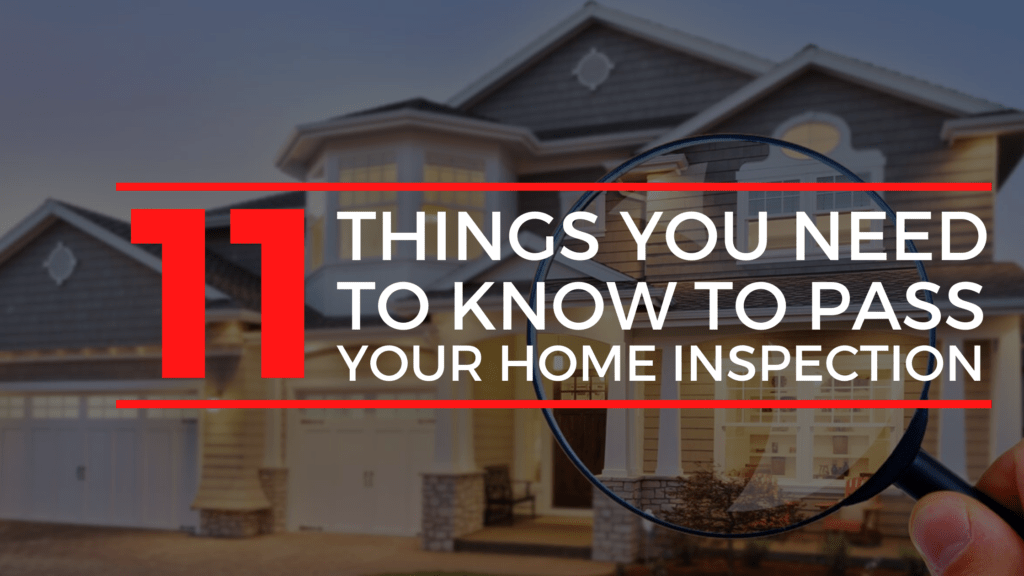
While homebuyers are as individual as the homes they plan on purchasing, one thing they share is a desire to ensure that the home they will call their own is as good beneath the surface as it appears to be. Will the roof end up leaking? Is the wiring safe? What about the plumbing?
These, and others, are the questions that the buyers looking at your home will seek professional help to answer.
According to industry experts, there are at least 33 physical problems that will come under scrutiny during a home inspection. We’ve identified the 11 most common of these and, if not identified and dealt with, any of these 11 items could cost you dearly in terms of repair.
In most cases, you can make a reasonable pre-inspection yourself if you know what you’re looking for. And knowing what you’re looking for can help you prevent little problems from growing into costly and unmanageable ones.
1. Defective Plumbing: Defective plumbing can manifest itself in two different ways: leaking and clogging. A visual inspection can detect leaking, and an inspector will gauge water pressure by turning on all faucets in the highest bathroom and then flushing the toilet. If you hear the sound of running water, it indicates that the pipes are undersized. If the water appears dirty when first turned on at the faucet, this is a good indication that the pipes are rusting, which can result in severe water quality problems.
2. Damp or Wet Basement: An inspector will check your walls for a powdery white mineral deposit a few inches off the floor, and will look to see if you feel secure enough to store things right on your basement floor. A mildew odor is almost impossible to eliminate, and an inspector will certainly be conscious of it. It could cost you $200-$1,000 to seal a crack in or around your basement foundation depending on severity and location. Adding a sump pump and put could run you around $750-$1,000, and complete waterproofing (of an average 3 bedroom home) could amount to $5,000-$15,000. You will have to weigh these figures into the calculation of what price you want to net on your home.
3. Wiring & Electrical: Your home should have a minimum of 100 amps service, and this should be clearly marked. Wire should be copper or aluminum. Home inspectors will look at octopus plugs as indicative of inadequate circuits and a potential fire hazard.
4. Poor Heating & Cooling Systems: Insufficient insulation, and an inadequate or poorly functioning heating system, are the most common causes of poor heating. While an adequately clean furnace, without rust on the heat exchange, usually has life in it, an inspector will be asking and checking to see if your furnace is over its typical life span of 15-25 years. For a forced air gas system, a heat exchanger will come under particular scrutiny since one that is cracked can emit deadly carbon monoxide into the home. These heat exchangers must be replaced if damaged—they cannot be repaired.
To read more of this FREE report entitled “11 Things You Need to Know to Pass Your Home Inspection” click HERE. Order this report NOW to learn how to ensure a home inspection doesn’t cost you the sale of your home.
—
Your Home SOLD GUARANTEED or I’ll Buy It!* So if you or anyone you know is looking to make a move, Give us a Call at 864-942-8991. Visit us at www.GwdGuaranteedSale.com
![]()
